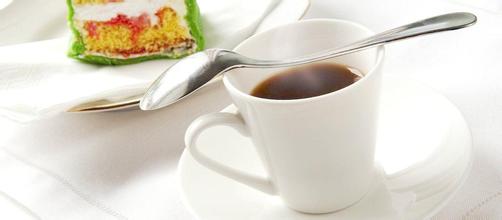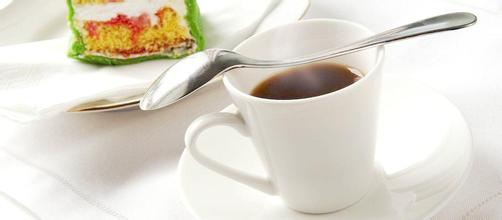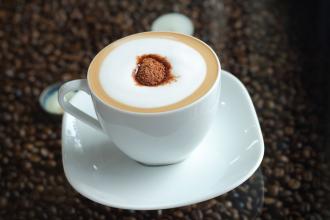Jamaica Coffee Manor introduces Cliff Manor Jamaican boutique coffee beans
By 1969, the situation had improved because the use of Japanese loans had improved the quality of production, thus ensuring the market. By now, this kind of coffee has reached the point of being feverishly loved.
By 1981, about 1500 hectares of land in Jamaica had been reclaimed for coffee cultivation, followed by the opening of another 6000 hectares of coffee land. In fact, today's Blue Mountain area is a small area with a planting area of only 6000 hectares, and it is impossible to grow all the coffee marked Blue Mountain there. An additional 12000 hectares of land is used to grow two other types of coffee: Alpine Top Coffee and Jamaican Superior Coffee. The Government of Jamaica established the Jamaica Coffee Industry Committee (the Jamaica Coffee Industry Board) in 1950, which sets quality standards for Jamaican coffee and oversees its implementation to ensure the quality of Jamaican coffee. The Commission awarded special official seals to raw and roasted coffee exported from Jamaica, which is the highest-level national coffee institution in the world. Can represent the origin of Blue Mountain Coffee. There are six signs: Mavis Bank Coffee Factory (M.B.C.F), Blue Mountain Coffee Cooperative (M.H.C.C.T.), Portland Blue Mountain Coffee Cooperative (P.X.X.S.H.), Coffee Industry Association (Wallenford), Coffee Industry Association (St. John's Peak) and Lanli (J.A.S). In 1717, King Louis XV of France ordered the cultivation of coffee in Jamaica. In the mid-1920s, the Governor of Jamaica, Sir Nicholas Lloyd (Nicholas Lawes), imported Arabica seeds from Martinique and began to plant them in St. Andrew. To this day, St. Andrews is still one of the three major producers of Jamaican Blue Mountain Coffee, with the other two producing areas: Portland (Portland) and St. Thomas (St.Thomas). In eight years, Jamaica exported more than 375 tons of pure coffee. In 1932, coffee production reached its peak and more than 15000 tons of coffee was harvested.

Important Notice :
前街咖啡 FrontStreet Coffee has moved to new addredd:
FrontStreet Coffee Address: 315,Donghua East Road,GuangZhou
Tel:020 38364473
- Prev

Jamaican Coffee Manor introduces the flavor of Jamaican Blue Mountain Coffee
Blue Mountain Coffee Garden Coffee beans carefully roasted Blue Mountain Coffee beans the beautiful beach outside Port Antonio, Jamaica the Jamaican capital Kingston almost everyone who has heard of Jamaican blue mountain caffeine (Jamaican Blue Mountain) knows that it is the most expensive coffee in the world, but not everyone knows why. Like Rolls-Royce (Rolls-Royce) cars and Stewart
- Next

Jamaica Coffee Manor introduces Valenford Manor Coffee
In 1950, the Government of Jamaica established the Jamaica Coffee Industry Committee (the Jamaica Coffee Industry Board), which sets quality standards for Jamaican coffee and oversees the implementation of quality standards to ensure the quality of Jamaican coffee. The committee awarded a special official seal to raw coffee and roasted coffee exported from Jamaica, which is the highest level of national coffee in the world.
Related
- Does Rose Summer choose Blue, Green or Red? Detailed explanation of Rose Summer Coffee plots and Classification in Panamanian Jade Manor
- What is the difference between the origin, producing area, processing plant, cooperative and manor of coffee beans?
- How fine does the espresso powder fit? how to grind the espresso?
- Sca coffee roasting degree color card coffee roasting degree 8 roasting color values what do you mean?
- The practice of lattes: how to make lattes at home
- Introduction to Indonesian Fine Coffee beans-- Java Coffee producing area of Indonesian Arabica Coffee
- How much will the flavor of light and medium roasted rose summer be expressed? What baking level is rose summer suitable for?
- Introduction to the characteristics of washing, sun-drying or wet-planing coffee commonly used in Mantenin, Indonesia
- Price characteristics of Arabica Coffee Bean Starbucks introduction to Manning Coffee Bean Taste producing area Variety Manor
- What is the authentic Yega flavor? What are the flavor characteristics of the really excellent Yejasuffi coffee beans?

